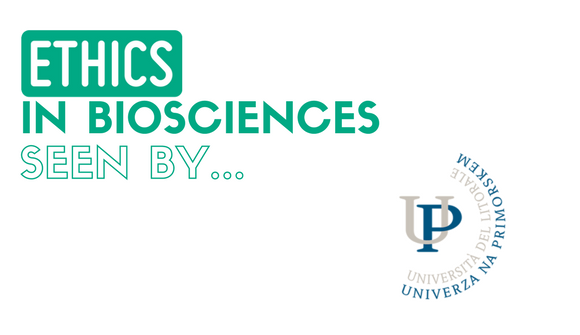
How do you understand Ethics in biosciences research?
Working at the Department of Biodiversity, I am aware about differences in opinions regarding the human relationship toward the rest of the natural world. Conservation biologists agree that biodiversity is valuable and that the extinction of species, caused by human activities, should be decreased and avoided. However, justifications for these principles vary, ranging from arguments that emphasize the instrumental value of other species for humans to ethical theories that assert that wild life has intrinsic value. The debate on environmental ethics is focused on developing universal theories why humans should protect their natural environment. What we are facing in our research and working with students is the challenge to find a solid rational justification for why nature should be protected.
What are the current standards and actions to achieve better Ethics in your University and in your country?
In the case of animal and human subjects’ research, all research conducted on Faculty of Mathematics, Natural Sciences and Information Technologies must be approved by National Medical Ethics Committee or by National Ethics commission for animal experiments. All field work with animal has to be approved by Ministry of the Environment and Spatial Planning.
What are you aiming for with the implementation of the STARBIOS2 actions towards better Ethics standards for your institute?
In relation to Ethics, our strategy is to raise awareness and evaluate the procedures for planning and including research ethical issues in researchers’ work via developing Code of conduct for conservation biology for our department and Code of conduct for biology in other departments working in the field of bioscience. In next step, we plan to increase bioethics elements in study courses.
What kind of actions are you going to establish to fulfill your objectives?
In close collaboration with other Bioscience departments and through reviews, we plan to explore the relationships between the public and conservation as well as regard animal welfare. We will establish ethical commission at the faculty level who will review processes in relation to all bioethical activities in the faculty and also take care for all documents and lesson needed regarding ethical work with humans and animals.
Who is involved, from your University, in the AP in order to complete your final objective?
Our work requires a close collaboration between STARBIOS2 team and also, we involved, philosopher Dr. Tomaž Gruškovnik and his team. We are excited to cultivate relationship between Biodiversity and Anthropology Department at Faculty of Humanities.
Check our previous blog post by the University of Primorska “Education and RRI”.







